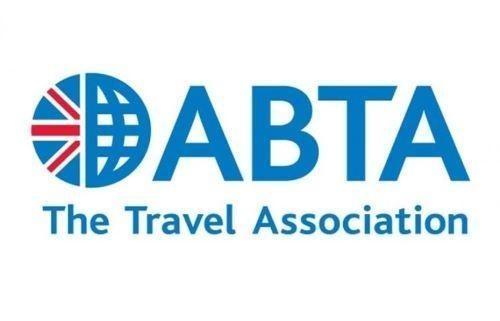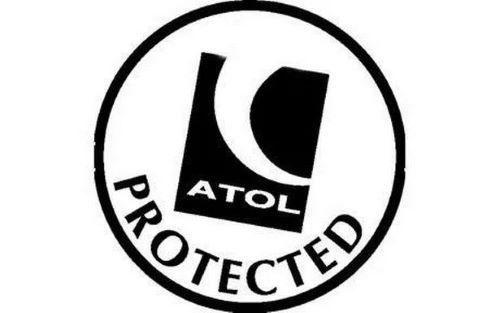ABTA and ATOL Explained
Most large, respectable package holiday companies advertise their holidays as ABTA and/or ATOL protected, but what is the difference? Find out exactly what they cover here.
ABTA stands for Association of British Travel Agents
ABTA is a voluntary scheme that travel firms can choose to sign up to., it was founded in 1950 and covers package holidays that do NOT include a flight. So if your trip includes travel by road, sea or train, that is where ABTA steps in.
In addition to offering financial protection, ABTA members have to comply with the ABTA code of conduct. Booking with an ABTA member also provides help should there be a problem or complaint with the travel company.

What is covered?
All package holidays sold by ABTA members are financially protected if the company goes out of business. This means:
If you have not yet travelled, you can claim a refund for the holiday
If you’re already on holiday when the company goes bust, you can continue with your holiday as planned or, if you have to return early because of the company failure, you can claim for the parts of the holiday you missed.
What might not be covered?
Short trips: ABTA state, package holidays that are for less than 24 hours, or are for business travel, may not be protected.
Flight-only and accommodation only bookings: Although there's no legal requirement for ABTA members to reimburse you if something goes wrong, some travel operators will, so check what protection is in place before you buy.
What is not covered?
Package holidays including a flight: These are covered by ATOL
Check if a tour operator holds a valid ABTA license HERE
ATOL stands for Air Travel Organiser's Licence
ATOL covers you before and during your holiday, it protects you against losing money or becoming stranded abroad if the travel company you booked with goes bust. It is run by the UK Civil Aviation Authority.

What does it cover?
If a package holiday company goes bust during your trip, ATOL protection will help you to continue your trip by:
Ensuring you can stay in your holiday accommodation, if possible
Reimbursing you for any money you spent to replace ATOL protected parts of your trip, e.g car hire, transfers
Arranging flights home, depending on the circumstances.
What's not always covered?
Some flight-only bookings: Your travel company should make it clear if your flight-only booking is ATOL protected before you book. If you book an ATOL protected flight, you will be sent an ATOL Certificate after making a payment. However, you will not receive a valid e-ticket in exchange for payment. If you purchase an airline ticket from an airline or travel company and you receive a valid e-ticket in exchange for payment, the ATOL scheme does not cover this.
Booking with a travel agent: Travel agents often sell trips on behalf of other companies. You should check which travel company originally created your package trip and check if they themselves are a member of ATOL.
What's never covered?
Accommodation-only bookings: Accommodation-only bookings are not ATOL protected as these do not include a flight.
Flight-only bookings: ATOL does not pay out for cancelled flights alone, only for airline travel as part of a package holiday.
Remember, if you booked your flight and hotel separately, you will NOT be covered as ATOL covers package holidays only.
Check if a company holds an ATOL license HERE.
Paying for your holiday by Credit Card
You can get extra protection if you book travel or accommodation using a credit card, as Section 75 protection means your credit card firm can pay out for cancellations in certain circumstances, although this only works on amounts between £100 and £30,000, and the cancellation is in no way your fault.
Do you still need travel insurance - YES
ATOL and ABTA are not substitutes for travel insurance because they only provide cover if your travel company goes bust.
They do not cover medical bills, holiday cancellations, travel delays, lost or stolen baggage or any out-of-pocket expenses unless they were directly caused by your travel company going bust.
For peace of mind, you should always make sure you have adequate travel insurance whenever you travel and have your EHIC/GHIC card with you, if travelling in Europe.



